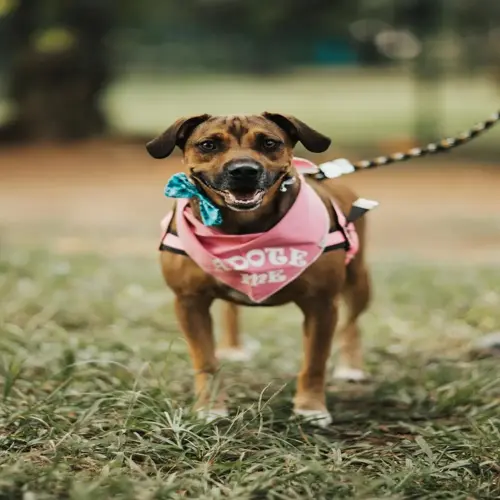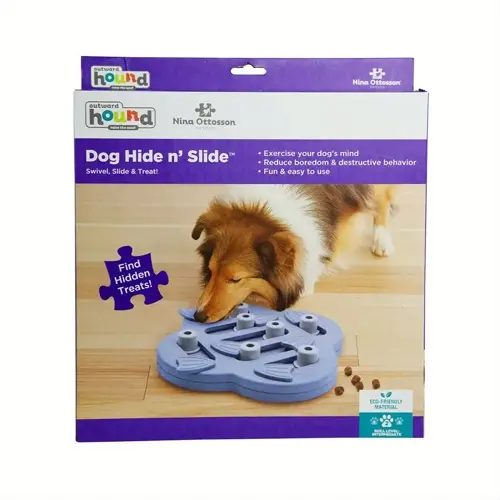How can I tell if my puppy is still hungry?

Written by
Wang Jiahao
Reviewed by
Prof. David Walsh, Ph.D.Distinguishing hunger from learned behaviors prevents dangerous overfeeding and underfeeding mistakes. Puppies often beg out of habit rather than hunger. True hunger exhibits distinct physical and behavioral patterns that can only be accurately detected through careful observation. Mistaken impressions about food needs lead to big weight problems.
Physical Examination
- Check rib visibility: Should see slight outline
- Monitor waist tuck behind ribs
- Palpate spine prominence
- Assess muscle mass on shoulders
Behavior Testing
- Offer vegetable snack instead of kibble
- Use puzzle toys to measure interest
- Observe reaction to empty bowl
- Track attention span during training
Portion Adjustment
- Increase food by 10% for three days
- Measure weight every 48 hours
- Return to baseline if weight jumps
- Consult vet before exceeding 15% increase
Differences in breeds can affect signals related to hunger. Working breeds of high energy need more calories than they require. Giant breeds need limited amounts despite their constant demand for it. Small breeds risk hypoglycemia if truly underfed. Know the specific tendencies regarding metabolism for your breed.
Timing patterns show your dog's true nutritional needs. If your puppy is hungry 1 to 2 hours before meals, those portions are correct. If your dog constantly begs for food, there may be behavioral issues. Then watch with care for when your dog wants food, which tells you whether more food is needed or if there should be better schedules.
When you do not know for sure, a veterinarian is a good plan for an objective assessment. Gather feeding records, weight records, and talk about deviations in growth curves. Eat some body condition scoring. A blood test can rule in or out metabolic problems. Asking a professional provides some safety against "guessing wrong."
Read the full article: Puppy Feeding Schedule: Complete Guide

